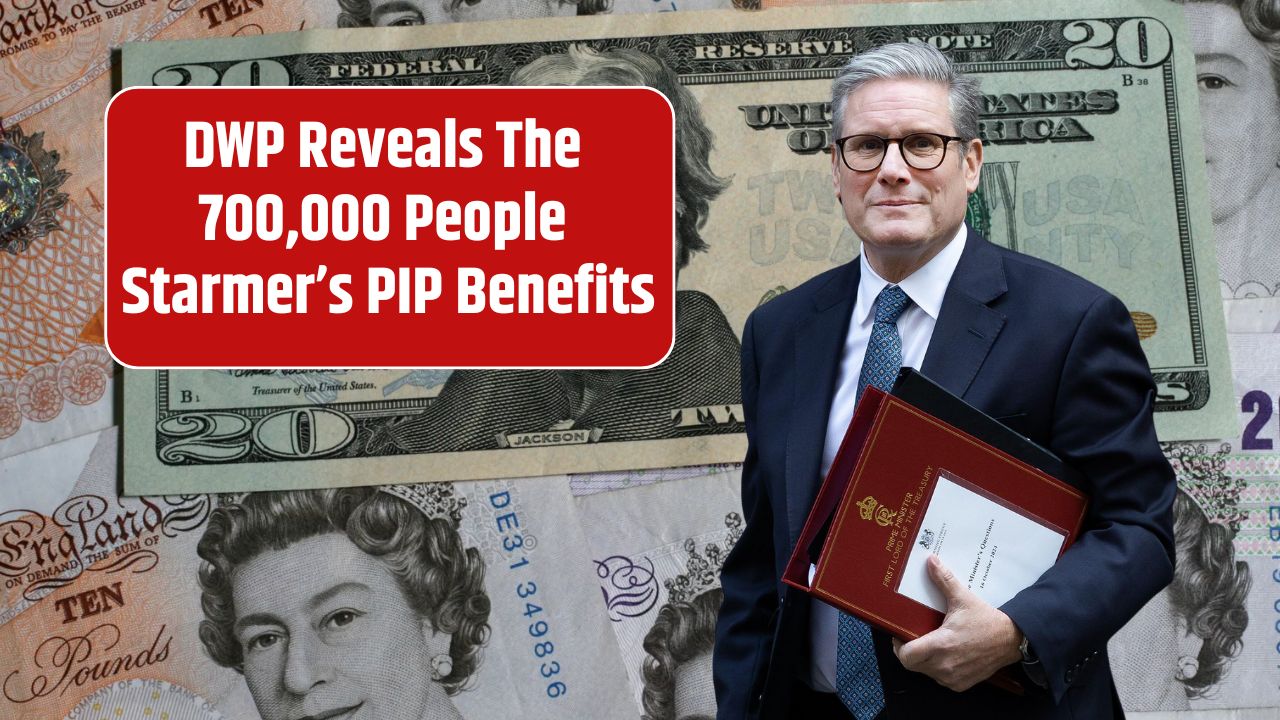The Labour government’s proposed overhaul of Personal Independence Payment (PIP) has sparked widespread debate, particularly among working-age claimants. But a key reassurance has now been delivered: pensioners will not be affected by the upcoming eligibility changes. This confirmation, issued by Pensions Minister Sir Stephen Timms, comes as Labour faces internal pressure over its direction on welfare reform.
With over 3.7 million people currently receiving PIP, including nearly 700,000 aged between 65 and 79, understanding who will—and won’t—be impacted is more crucial than ever.
What Is PIP and Who Gets It?
Personal Independence Payment (PIP) is a benefit intended to help individuals living with long-term physical or mental health conditions manage the additional costs associated with daily living and mobility. It’s a non-means-tested benefit, replacing the older Disability Living Allowance (DLA).
As of January 2025:
- 3.7 million people in England, Wales, and Northern Ireland receive PIP
- 690,186 recipients are aged 65 to 79
- Scotland has moved to a different system under devolved powers
What Are the Planned Changes to PIP?
Labour’s new “Pathways to Work” initiative, outlined in a green paper, introduces a stricter eligibility rule for the daily living component of PIP. To qualify, claimants must:
- Score at least 4 points in a single daily living activity, such as preparing food, dressing, or communicating
These changes are designed to reduce the welfare bill and encourage more working-age adults to re-enter employment. If passed, the new rules will:
- Take effect in November 2026
- Apply only to new claims and reassessments after that date
Pensioners Exempt from New Rules
In response to growing anxiety, Sir Stephen Timms confirmed in Parliament that pensioners will not be affected. Those who reach state pension age are typically not subject to full PIP reviews, and current policies protect their existing entitlements.
This is a key distinction, ensuring that retirees continue to receive support without the threat of benefit reductions or disqualification due to the proposed eligibility tightening.
What About Terminally Ill Claimants?
MP Apsana Begum raised concerns about individuals nearing the end of life. In response, Timms clarified:
- The enhanced rate of PIP under Special Rules for End of Life remains unchanged
- Terminally ill individuals with a prognosis of 12 months or less will continue to receive fast-tracked support, often processed within two working days
This policy ensures compassionate access to financial help during the most critical times.
Political Fallout and Internal Party Discomfort
Despite reassurances for pensioners and terminally ill claimants, the broader reforms have triggered backlash within the Labour Party:
- Over 100 MPs are rumored to be considering a backbench rebellion
- Labour MP Peter Lamb stated he would vote against any measure that “restricts access to PIP further”
- Critics argue the reforms could unfairly punish vulnerable working-age people
Work and Pensions Secretary Liz Kendall, however, remains firm. She frames the reform as an urgent response to the UK’s post-pandemic employment crisis, noting that Britain is the only G7 nation yet to return to pre-2020 work levels.
Estimated Impact
The Office for Budget Responsibility (OBR) estimates that up to 800,000 claimants could be affected by the proposed changes. Independent analysts suggest the figure may be even higher, especially if claimants struggle to meet the new point-based threshold.
| Group | Impact |
|---|---|
| Working-age claimants | Stricter rules apply from Nov 2026 |
| Pensioners (State Pension Age) | Not affected by new eligibility rules |
| Terminally ill (12 months or less) | Continue receiving fast-tracked enhanced PIP |
Reform UK Capitalizes on Discontent
Sensing political opportunity, Reform UK leader Nigel Farage is expected to propose reinstating full winter fuel payments and scrapping the two-child benefit cap. These pledges are aimed at attracting disillusioned Labour voters, particularly those opposed to benefit cuts and means testing.
As the government moves forward with its PIP reform agenda, the exemption for pensioners offers some relief, but the controversy surrounding working-age claimants is far from settled. With potential parliamentary opposition mounting and a general election on the horizon, this issue could become a major political battleground in the months ahead.
FAQs:
Will I lose my PIP if I’m over state pension age?
No. Pensioners are exempt from the new PIP eligibility changes set for 2026.
Do the changes apply to existing PIP recipients?
Only new claims and reassessments after November 2026 will be affected.
What if I’m terminally ill?
You can still access the enhanced PIP rate under fast-track rules, typically processed within two working days.




















